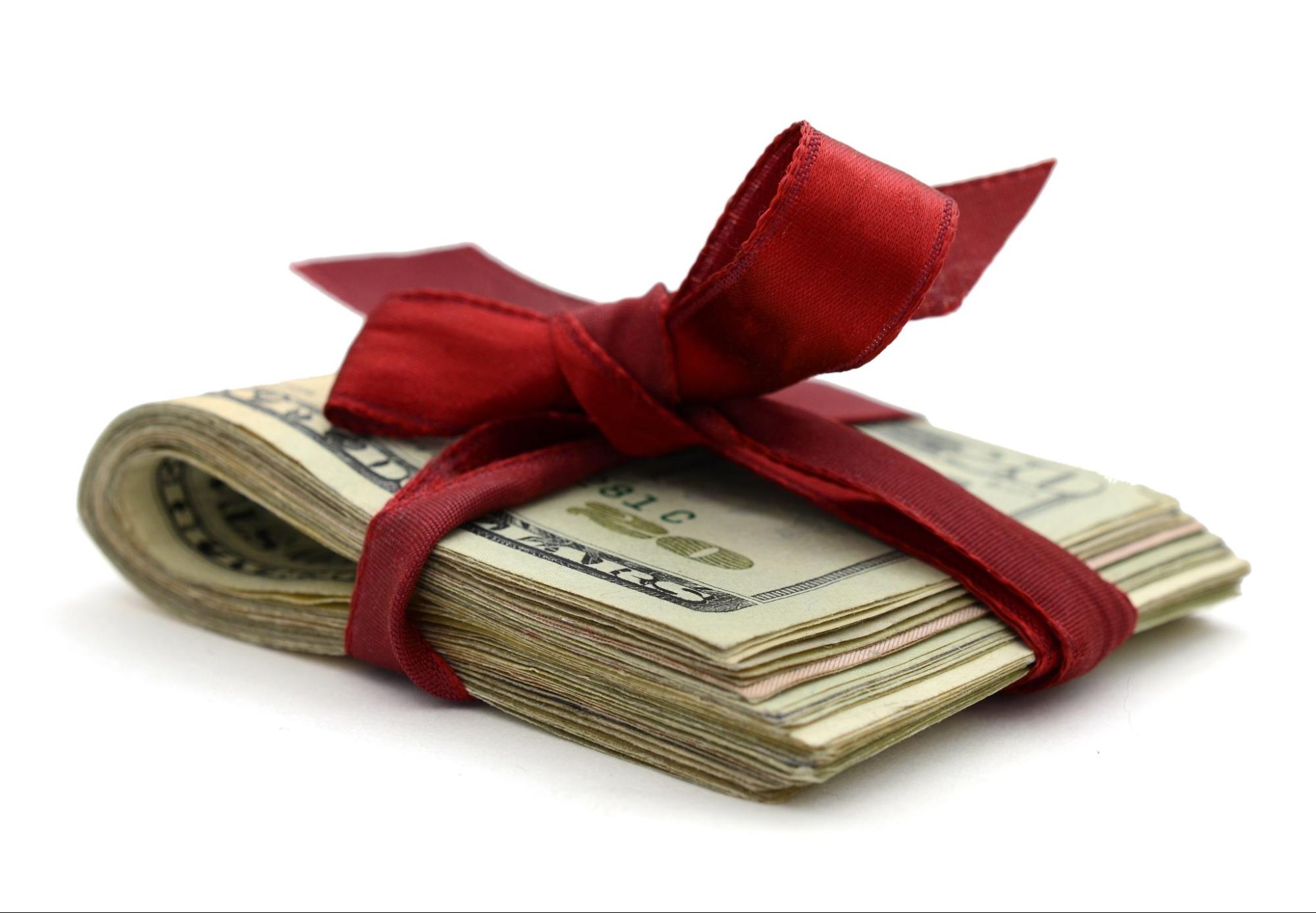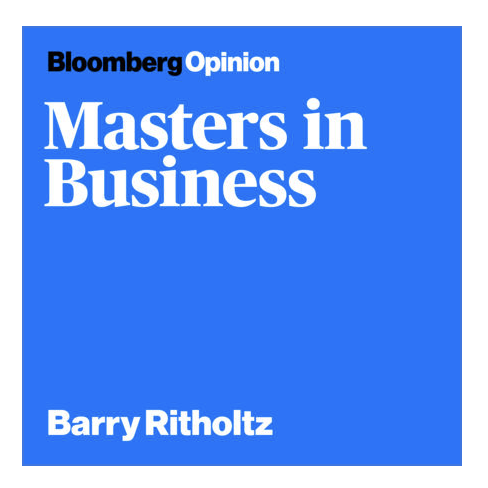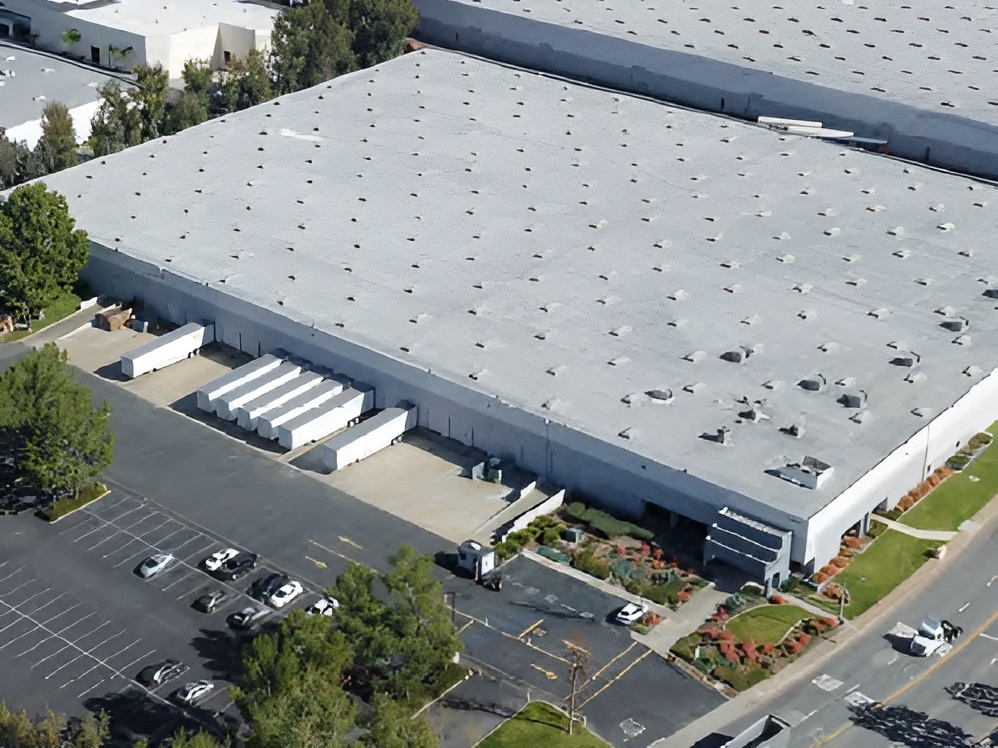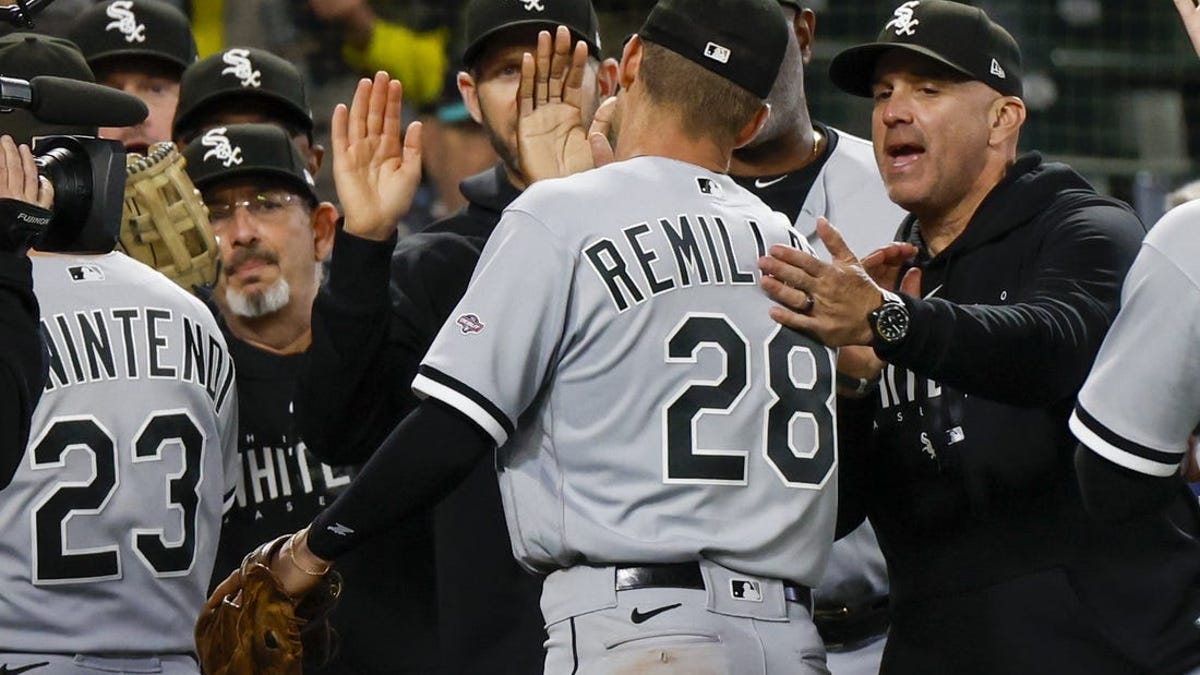Back in 2018, my wife and I made a big change.
We hightailed it out of New York City and made our way down to South Florida.
It’s one of the best decisions we’ve ever made.
If you’ve been to NYC, you know it’s utter chaos. Crossing the street, hailing a cab, catching the subway — anytime you want to go anywhere, it’s a struggle.
I used to thrive in that environment. I loved grabbing breakfast before the sun rose as I made my way to my trading desk. But as you probably know all too well, our priorities change as we get older.
My wife and I wanted a yard for our pups. We wanted to be able to breathe fresh air each morning. We wanted, eventually, more bedrooms for a family. And, I won’t lie … after 40 years of living in the Northeast, I was done with winter.
So five years ago, we did it. We swapped an NYC apartment for a house in the Florida ‘burbs.
Since then, we’ve welcomed a daughter. We’re making new memories every day — and even toured a potential preschool last week!
And a nice bonus on top of everything: The value of our house has nearly doubled.
Of course, the last five years for homeowners have been the best of times. Thanks to the pandemic, low mortgage rates and the rise of remote work — people bought new homes at a blistering pace.
In fact, the median home price went up more in the last two years than it did in the previous 20 … gaining a whopping $133,000!
(Click here to view larger image.)
The housing market has felt like a classic mania lately. And I believe this bubble is set to pop.
The worst part is that the American middle class will be hit the hardest.
Here’s why…
Why Housing Is Set to Dip
So, who’s holding the pin that’s set to pop this housing bubble?
None other than the Federal Reserve.
If you caught my last article, you know I think they’re running a con game … trying to undo their past bad deeds at the expense of everyday people.
Despite the fastest rise in interest rates in history, inflation still isn’t under control.

(Click here to view larger image.)
And there is reason to believe more pain is ahead.
Federal Reserve President James Bullard expects rates will need to go even higher — even as high as 7%. That would be a death knell for the housing market.
The Fed’s key rate at 7% would mean mortgage rates could also double, hitting 10%, even 15%.
As a result, real estate prices must fall.
You see, the average person can afford a mortgage payment of $2,064. At a 2.5% interest rate, that was enough to buy a $525,000 home.
But with interest rates at 10% — one can only afford a $240,000 home. The problem with that is, the median price of a home in the U.S. is nearly double that.
That’s homeownership slipping through the fingers of thousands of Americans. But that doesn’t bother Fed Chair Jerome Powell.
He said recently: “The deceleration in housing prices that we’re seeing should help bring prices more in line with rents and other housing market fundamentals. And that’s a good thing.”
As a multimillionaire, Powell’s not too worried about a crash in home equity, is he?
But for people like you and me, with equity tied up in our homes, it’s much more concerning.
And house prices are already unraveling. Last quarter alone, prices dropped $27,000 … the largest decline since 2007, at the start of the financial crisis.
That’s not the only thing going down.
Mortgage purchase applications are down 41% year over year — less than we saw at the bottom of the ‘08 crash. Mortgage refinances are down a staggering 84% from last year. And existing home sales have declined for 10 straight months — the longest stretch since 1999.
That means listings are on the market for increasingly longer times, and prices must come down.
Here’s What That Means for You
Bottom line, real estate could potentially crash another 50% in the coming months. I’m not the only one saying so, either.
The New York Times stated: “The Housing Market Is Worse Than You Think.”
InvestorPlace revealed “3 Indicators of a GIANT Housing Market Crash”
And Forbes called for a “Housing Market Crash 2023.”
For the 1%, this housing crash won’t be a game-changing problem. They’ll lean in and find a way to profit from the financial panic.
In the last crash, hedge fund managers like David Einhorn of Greenlight Capital bet against the market and generated $2 billion in profits (an estimated 222,000% gain).
Michael Burry, famous for the “Big Short,” made $800 million.
And John Paulson made $15 billion.
And even for the 1% that aren’t wealthy money managers, they’ll be able to buy property cash once the prices crash … not having to worry about higher interest rates.
It’s the middle class who get financially massacred because the equity in their homes gets wiped out — leaving them no capital to take advantage of lower prices.
But you don’t have to be caught unprepared.
I’ve created a report called How to Survive & Prosper the Middle-Class Massacre with a full game plan for the coming housing crisis — as well as what’s happening with inflation and the stock market.
For the full details on how to get your copy, click here.
Regards,
 Ian KingEditor, Strategic Fortunes
Ian KingEditor, Strategic Fortunes
















